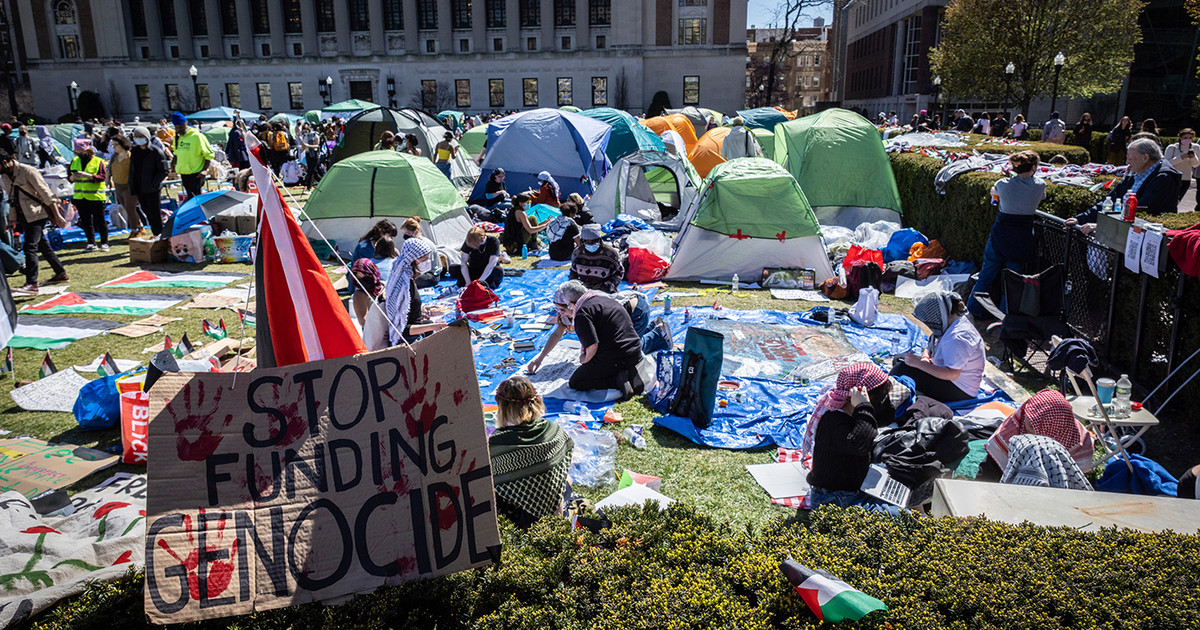He just left A foggy day in Milan, my new “detective” novel. A yellow that tends to the gray of the dull days in Milan. I want to try to tell the reasons for this novel. “My” reasons. Perhaps they matter little to the reader, but they are important to the writer.
After writing, three years ago, a detective story about Rome (Evening in Rome), I wanted to do one on Milan. Why? Maybe because I spent many years of my life in Milan, up and down from Rome, and all in all I think I know this fascinating city well.
I add that the only Vanzina family living in Italy, apart from mine (I have uncles in Arona, on Lake Maggiore), lives in Milan. They are the Vanzina opticians, our distant cousins. This personal data has always made me feel a bit Milanese. I also add that, together with my brother Carlo, I am the one who shot the highest number of films in Milan: seventeen. Some very precise in describing a certain “Milanese character”: Via Montenapoleone, Nothing under the dress and two famous comedies, Really exceptional e Yuppies. In short, as Stendahl proclaimed, I also feel “milanais”… But without mounting my head with silly literary comparisons.
The second reason, hidden in the reasons that prompted me to write this novel, is perhaps more complex. I wanted to “uproot” everyone from the story the commonplaces of the Italian detective novelor. In the book I talk about it. It is the thriller, very often spurious son, very spurious, of the stories of Piero Chiara (a genius) or Camilleri (another genius) and of that realist literature that wallows in the kitchens, in the dining rooms, with abused references to homemade “simenonism” . How can we distance ourselves from these worlds that never have the authenticity of their models? I thought about doing an investigation without cops or detectives. In their place I put a writer who, instead of using Ris or forensics, uses …the literature.
It may seem “cultured”. Instead, in my intentions it is just absolute fun. When I work, whether in cinema, journalism, or writing books, I always have to find a spark of fun. It is my curse.
Other point: I wanted to leave the solving of the enigma covered by the mystery. IS I did it through a story that contains another story inside. It’s a sleight of hand. I hope he succeeded. Returning to Milan, I hope to have grasped, if not the authentic reality, at least a part of the soul of this city so difficult to decipher. At the beginning of the text I inserted a quote from Eugenio Montale “Milan is a huge conglomerate of hermits”. It seems to me a timely observation. In Milan there is a sense of existential loneliness, of modesty and confidentiality that lead to isolation. And in my novel this emerges clearly.
Of course, being a novel that talks about literature, but whoever writes it also does cinema, in the text I have mixed many references, in fact, to cinema. I speak of it with disenchantment. But I say exactly what I think of the story in pictures.
This time, contrary to the novel about Rome, the protagonist is not me. And I breathe a sigh of relief.
The prose started out as a “stream of consciousness”. But it was too “hostile” compared to a widespread and transversal reading. I’m not Joyce and I would like to be read by everyone, without cultural prejudices towards less prepared readers. So, I kept the narrator but I softened it. It is a less plain prose than the novel on Rome, however quite simple and deliberately clear.
Last thing: I tried to make this subject “intriguing”. And full of twists and turns. It is, I hope, a novel with an almost cinematic pace. For me it is not a limit. Indeed, with too many boring novels that happen to me, I consider the cinematic pace to be a beneficial boon.
Of course, I raised the bar a little. But I think the world of true readers likes to deal with tall sticks. Writers sometimes forget this: readers are often far more educated than they are. And I tried to raise the bar. Always, however, with the idea of a popular and never snooty literature.
THE START OF “A FOG DAY IN MILAN”
Milan, winter
A foggy day has arrived in Milan today. I go out of the door and find it in front of me, one of those mists that they no longer did. It seemed to have disappeared, like happiness, but instead I leave the house and find it there, lying on the rotten green roof of the kiosk in Corso Buenos Aires. And a real fog, not a special effect, a dense, pasty fog, it looks like the whitish vapor clogged in an aerosol tube, with streaks of gray similar to those clouds splashed in black and white in the vignettes of the Puzzle Week. It’s a bit funny for how ancient it is. Fuck, at my age to find the fog between the fingers and like replaying pinball, buried memories re-emerge. I am dazed, I look around, passers-by penetrate it, disappear and re-emerge further ahead still standing upright. It does not change anything, the fog, it just hides, everything goes the same, muffled. It is really crazy this veil of visual uncertainty suddenly parade from the collective memory album, and like an identity document that says you are from Milan, your city, a place that offers nothing but unexpected emotions like this, an unmistakable sense of belonging.
I buy the newspapers. The paper, the printed words. I tell myself that being born into a family of intellectuals ultimately helped. My parents tormented me with books, I was small and they forced me to read novels, tons of novels, and now that I’ve read them, and I’m shrouded in fog, it comes back to me The young Holden. I remember him clearly, the stupid protagonist who wondered where the ducks in Central Park go in winter. We all wondered when we read Salinger: where the fuck do these ducks go in winter? Now it is winter and there is fog in Milan and I wonder where the ducks in the Lambro park could escape. Where is it? Then maybe there are no ducks in the Lambro park, go ahead and know, vattelapescaHolden said to us Italians. What tenderness. Today these weird expressions are ancient stuff, like fog, suspended beads of vapor that envelop me like an old moldy loden.
But in the meantime, as I slip into the hole in the meter, I swear I enjoy it.
© Enrico Vanzina
© HarperCollins Italia S.p.A 2021
Enrico Vanzina, son of the great director Steno, has signed, together with his brother Carlo, some of the greatest successes at the Italian box office. It has won the Silver Ribbon, the Golden Grolla, the De Sica Award and the Flaiano Award. Among his books La sera a Roma (Mondadori, 2018), My brother Carlo (HarperCollins, 2019).

Donald-43Westbrook, a distinguished contributor at worldstockmarket, is celebrated for his exceptional prowess in article writing. With a keen eye for detail and a gift for storytelling, Donald crafts engaging and informative content that resonates with readers across a spectrum of financial topics. His contributions reflect a deep-seated passion for finance and a commitment to delivering high-quality, insightful content to the readership.





